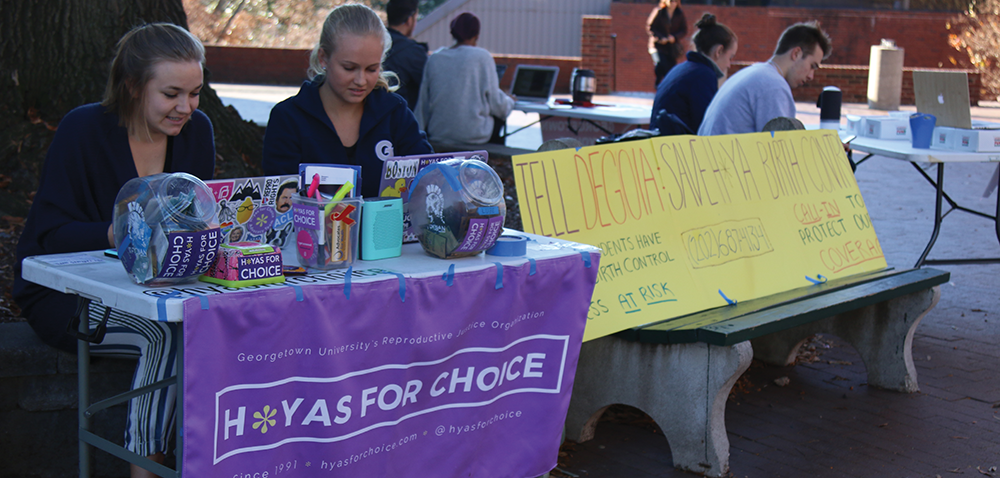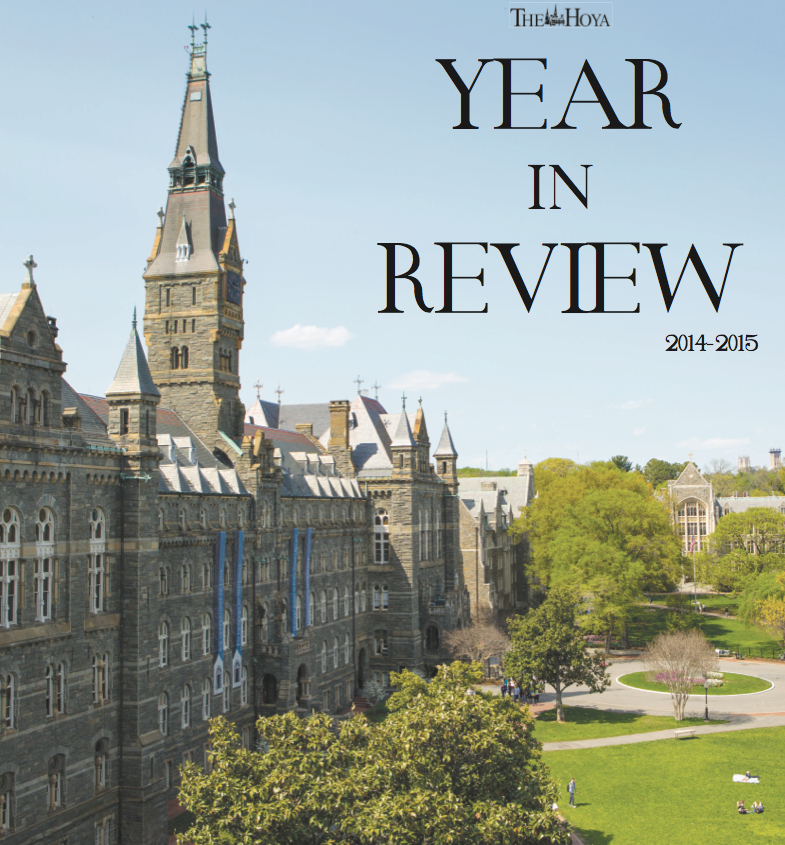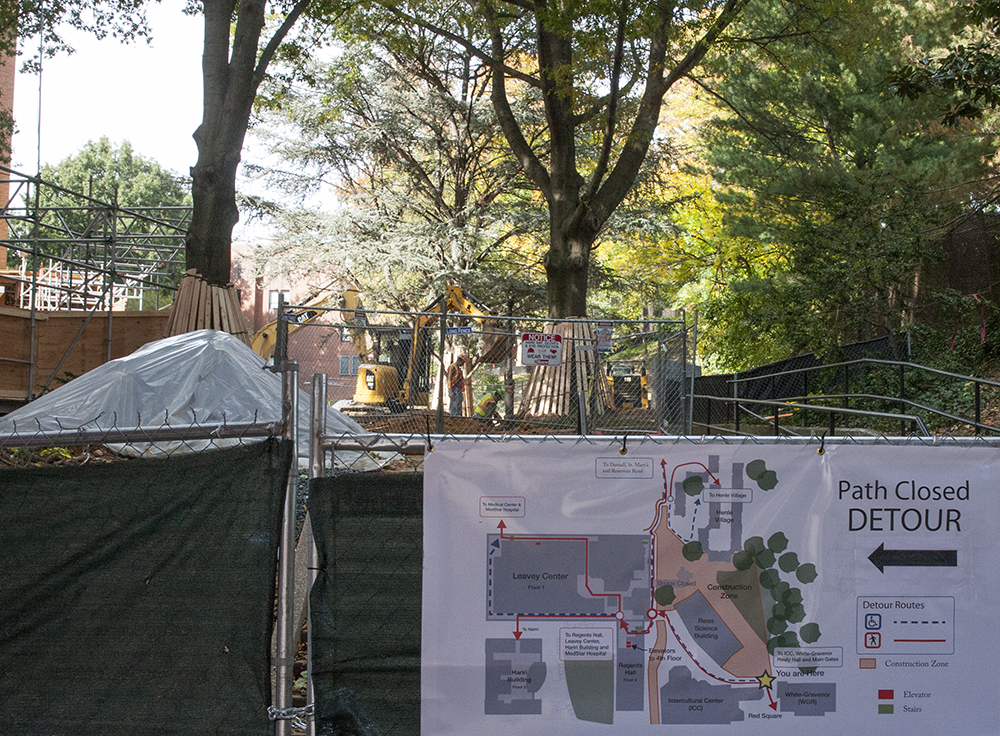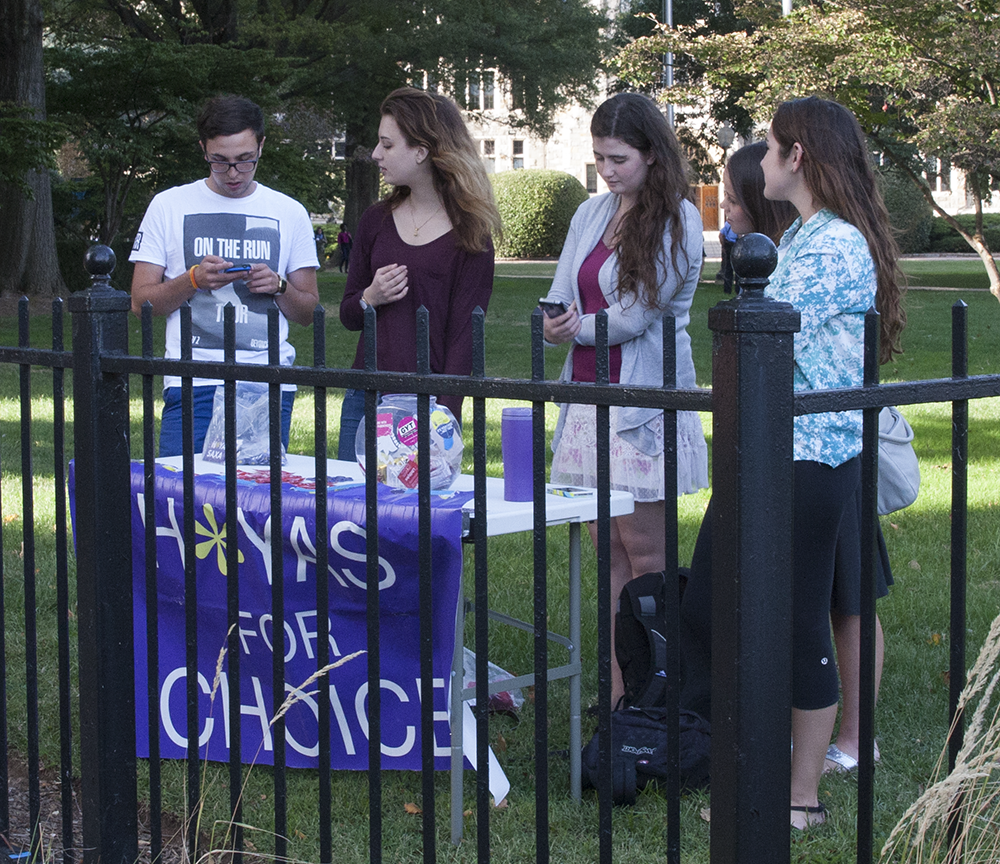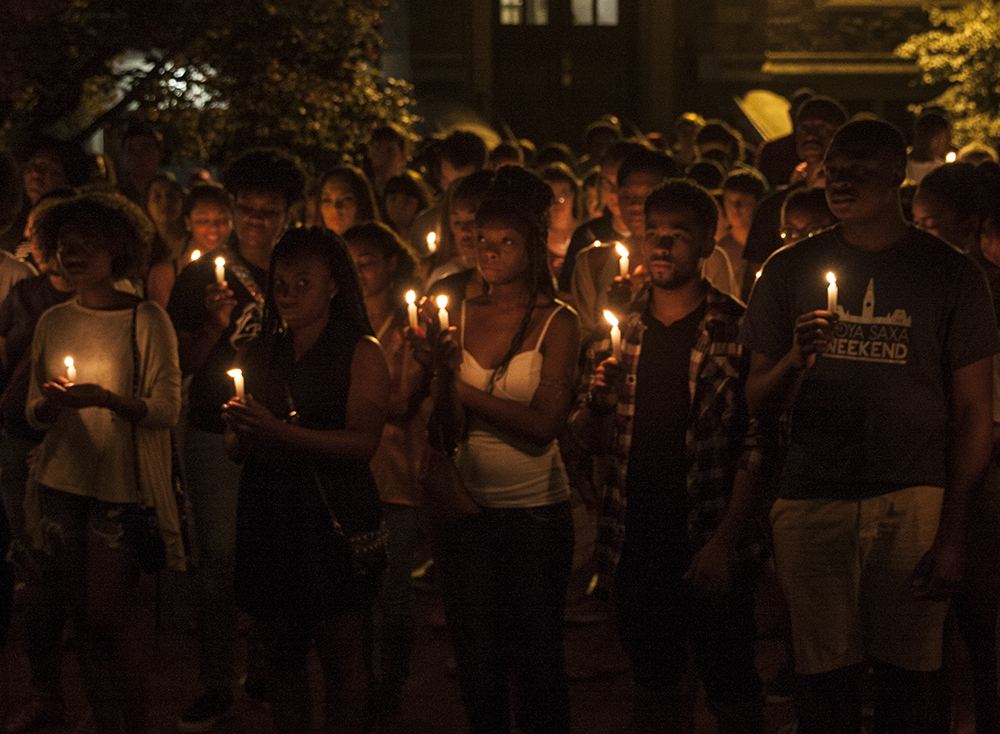The campaign for D.C. statehood saw immense progress in the past months — including the first U.S. Senate committee hearing on the issue in over 20 years — but the possibility of the District of Columbia becoming the 51st state is still just a conversation.
Del. Eleanor Holmes Norton (D-D.C.), the District’s non-voting member of the House of Representatives, is leading the campaign for D.C. statehood.
Norton spoke at a Sept. 15 Senate Homeland Security and Government Affairs Committee hearing alongside then-Mayor Vincent Gray (D) and D.C. Council Chairman Phil Mendelson (D). It was the first hearing regarding D.C. statehood since 1993.
The hearing discussed the New Columbia Admission Act, which would limit the federal district to the immediate areas surrounding the White House and the Capitol, while the rest of Washington would be admitted as the 51st state, granting D.C. two Senate members and one voting House representative. The legislation currently has 104 co-sponsors in the House and 17 in the Senate, the highest number in the statehood bill’s history.
“As the District’s elected representative to Congress … I feel it when the bell rings for votes on bills, and I cannot cast a vote for the 650,000 American citizens who live in the District, despite the $12,000 per resident they pay in federal taxes, more per capita than any other Americans,” Norton said at the hearing.
In addition to concerns regarding representation, statehood advocates decry the District of Columbia Home Rule Act of 1973, which mandates that any piece of legislation passed by the D.C. Council must undergo a 30-day Congressional review, during which time Congress can prevent the legislation from becoming law. No other state or municipality must undergo such a process.
“We cannot spend without congressional appropriation, and we cannot enact local laws without congressional review,” Mendelson said at the September hearing. “The District government is fully capable of managing our affairs just like any state.”
Although Congress has only used this power three times in the past 40 years, it has previously used its review over D.C.’s budget to prevent the appropriation of funds toward specific programs, which affected the institution of both medical marijuana and needle exchange programs in the District.
The debate came to light once more after voters passed Initiative 71, a ballot initiative to legalize the possession and cultivation of marijuana in the District, in November.
In a spending bill passed by Congress in December, Rep. Andy Harris (R-Md.) included a policy rider that said that the city could not “enact” any law that legalizes marijuana, intended to prevent the institution of Initiative 71.
Mayor Muriel Bowser (D) and the D.C. Council opposed this policy rider on the grounds that the marijuana legalization initiative was enacted by the voters prior to the passage of the spending bill and urged Congress not to block Initiative 71.
“For Americans wondering why we’re being treated differently than Colorado, than Alaska, this demonstrates our relationship with Congress,” Bowser said in a February press conference. “We encourage Congress not to be so concerned with what seven out of 10 residents said should be the law in the District of Columbia.”
Despite resistance from some members of Congress, legalization officially went into effect at 12:01 a.m. on Thursday, Feb. 26, at the end of a 30-day Congressional review period. No members of Congress officially introduced any disapproval motions during that time.
Though the standoff over legalization seems to have subsided, D.C.’s hopes for statehood appear to be little more than a pipe dream, according to Mark Rom, director of Georgetown’s masters program in American government.
“In the current political environment and for the foreseeable future … there’s no way Congress would approve it. It’s so Democratic. It’s two Democratic votes in the Senate,” Rom said in September (“Senate Holds Hearing on D.C. Statehood,” A4, The Hoya, Sept. 16, 2014).
For now, Norton is continuing her effort to garner increased support for D.C. statehood, holding D.C. Emancipation Day on April 16 and delivering three speeches on the House floor to highlight the contributions of D.C. citizens.



